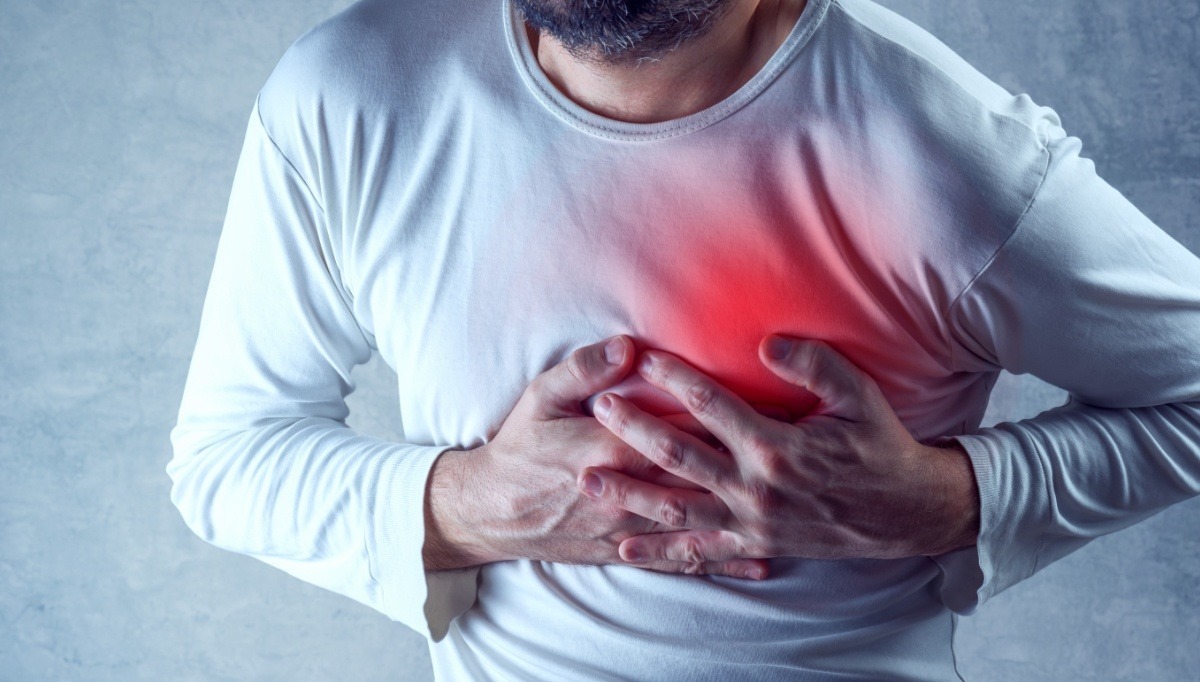
Angina pectoris or stable angina may be a term you have heard from your doctor. But what does it really mean? It is important to know the basics.
Angina pectoris refers to chest pain and discomfort caused by coronary disease. This is when the heart muscle doesn’t receive enough blood. It is usually caused by a narrowing or blocking of one or more heart arteries, also known as Ischemia.
Angina is characterized by discomfort, pain, pressure, fullness, squeezing, or pressure in the middle of the chest. The discomfort may be felt in the neck, jawline, shoulder, back, or arm. (Some types of chest discomfort, such as heartburn, lung infection, or inflammation are not related to angina.
There are many types of angina. The cause of the angina and whether medication or rest are used to relieve symptoms will determine which type.
- Stable Angina. stable angina is the most frequent type of angina. This is most common during exercise and can be treated with angina medication or rest. Angina can be described as pain when you walk uphill or in colder weather.
Angina stable pain is predictable and often similar to previous episodes. Chest pain usually lasts for a few minutes, if at all.
- Unstable Angina (a medical emergency). Instability angina occurs at rest and is unpredictable. The angina pain worsens and requires less effort. It is usually more severe than stable angina and can last for up to 20 minutes. It doesn’t get better with rest or any of the angina medication. If blood flow does not improve, it can lead to a heart attack. Angina that is unstable or not controlled quickly can be dangerous and should be treated immediately.
- Variant Angina (Prinzmetal Angina) is not caused by coronary artery disease. Variant angina is caused by a temporary decrease in blood flow due to a spasm of the heart’s arteries. Variant angina is characterized by severe chest pain. It is most common to occur in cycles, usually at night and at rest. Angina medication may help relieve the pain.
- Refractory Angina. Angina episodes can occur despite lifestyle and medication changes.
These are the most common signs of angina.
- A pressing, squeezing or crushing sensation, typically under your breastbone.
- You may feel pain in your neck, upper back, arms, neck, and ear lobes.
- You feel pain radiating from your arms, shoulders and jaw or neck.
- Breathing difficulties
- Fatigue and weakness
- Feeling faint
Angina chest pain can usually be relieved in a matter of minutes with rest or prescribed medication such as nitroglycerin.
Angina is a condition where the heart doesn’t get enough blood supply. Angina can increase your risk of a heart attack. You should note the pattern of your symptoms. This includes the cause, the sensation, the length of the pain and the effectiveness of medicine to relieve it. If they occur while you’re asleep, or if you have trouble predicting their timing. A heart attack could be a possibility
Angina pectoris symptoms may appear similar to other medical conditions. For a diagnosis, always consult your healthcare provider. Your healthcare provider will often be able to diagnose angina based on your symptoms. You may also need to have the following tests performed:
- Electrocardiogram (ECG) The ECG records the electrical activity of your heart and shows abnormal rhythms (arrhythmias). It also detects any damage to the heart muscle.
- Stress test (usually performed with ECG; also known as the treadmill or exercise ECG), to assess your heart’s response to stress, such as exercise. Also, blood pressure and breathing are monitored. The stress test can be used to diagnose coronary artery disease or determine the safe level of exercise following a heart attack. Special stress tests use medicine to stimulate your heart like you were exercising.
- Cardiac catheterization. A wire is inserted into the coronary vessels. The contrast agent is then injected into the artery. To locate narrowing or blockages in specific arteries, X-ray images will be taken.
- Cardiac-MRI. This test measures blood flow to the heart muscle. This test may not be offered at all medical facilities.
- Coronary CT scan. This test measures the calcium and plaque levels in the blood vessels.
Your symptoms, your age, and overall health will all play a role in the treatment. The severity of the condition will also play a role.
If you have angina, your healthcare provider might prescribe medication. Nitroglycerin is the most commonly prescribed. This can help relieve pain by expanding your blood vessels. This increases blood flow to the heart muscle. This reduces your heart’s workload.
To prevent angina, you can take a long-acting nitroglycerin every day. You can also use it under your tongue or as a nasal spray to prevent angina.
Don’t take erectile dysfunction (ED) medicines if you take nitroglycerin. These medicines include sildenafil and vardenafil. This could cause dangerously low blood pressure. If you’re taking ED medications, tell your healthcare provider.
Angina can also be treated with other medicines. These medicines include calcium channel blockers and beta-blockers. Beta-blockers are hormones that reduce blood pressure and heart rate. This relaxes blood vessels and improves blood flow. Calcium channel blockers are used to open the coronary vessels.
Angina can be prevented by maintaining a healthy lifestyle. One must exercise regularly, take a healthy diet, quit smoking, manage stress, taking proper medication, treat high blood pressure, diabetes etc. If you are careful then angina can be prevented.
Author –
Kanan Meena
Mayo Girls School.







